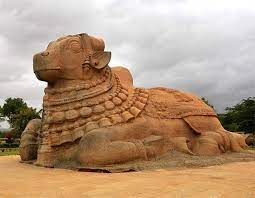The Core of Hindu Philosophy
Hindu's have propagated a few basic principles
that have sustained society for eons.
- The idea that we are immortal souls within a
body transmigrating through time propelled by our immediate and past actions is
central to Hindu thought.
- The present life gives us a chance to better
our prospects and also provides scope to transcend the transmigration.
- The philosophy encourages us to look at all
as equals enacting a drama called life as various characters according to our
karma.
This far seeking philosophy propels us towards
good of self and all beings. Essentially everything is but a manifestation of
the one. This understanding and the realization that all paths lead to the same
goal is what makes the Hindu unique.
The Indian subcontinent is a spiritual space.
People born in this area are supposed to take advantage and progress
spiritually according to their innate nature. Hinduism is therefore a diverse
set of practices and not a straight jacket approach.
The human life is precious. It provides the
rare opportunity to transcend the material world. It is the boat that ferries
people from the material trap to the spiritual freedom.
Life has a natural tendency to make people
seek mindless pleasures unmindful of consequences to society and the
individual. Hindu education provides both secular and spiritual knowledge. It
tells one how to negotiate the secular life of a householder living in society
and how to develop spiritually. It is the most balanced education ever.
The Hindu society has neglected Dharma and is
paying the price. There is still time to return to the roots. There is no
greater crime than to waste the precious life earned after many a struggle.
It is better to be mindful than be repentant
at the time of death. As Shankaracharya wryly states, "The intellect is of
no use when the tentacles of death grab the person."

Post a Comment